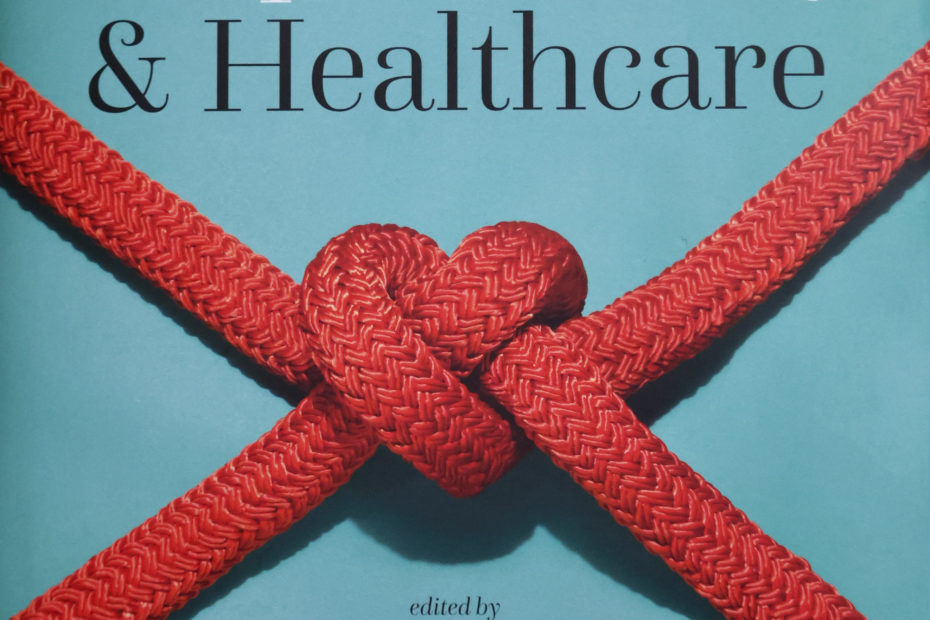Caution With Chatbots? Generative AI in Healthcare
Written by MSt in Practical Ethics student Dr Jeremy Gauntlett-Gilbert Human beings, as a species, love to tell stories and to imagine that there are person-like agents behind events. The Ancient Greeks saw the rivers and the winds as personalised deities, placating them if they appeared ‘angry’. Psychologists in classic 1940s experiments were impressed at… Read More »Caution With Chatbots? Generative AI in Healthcare


